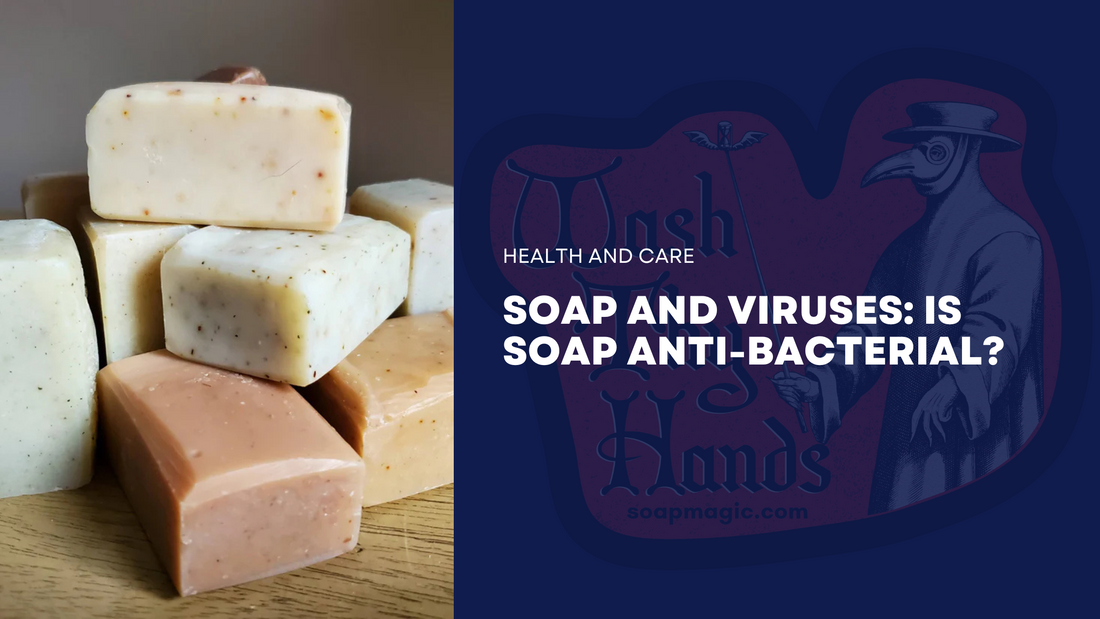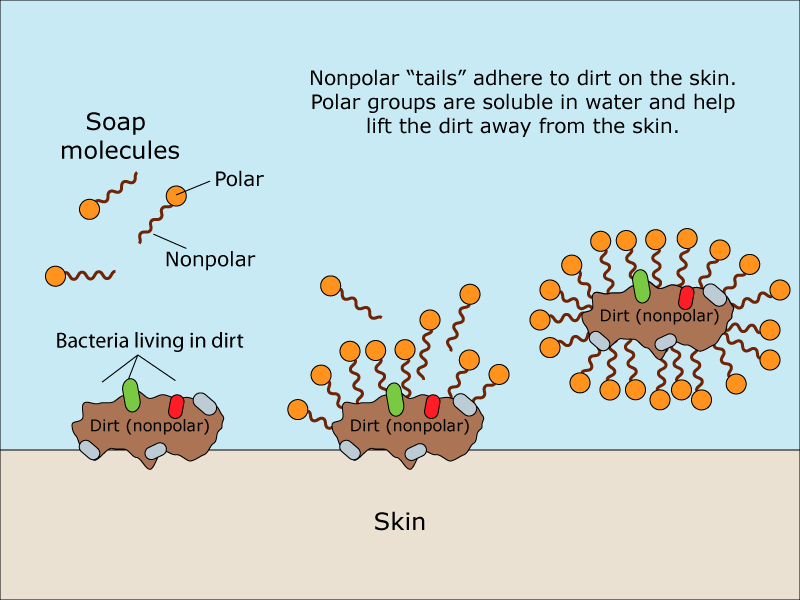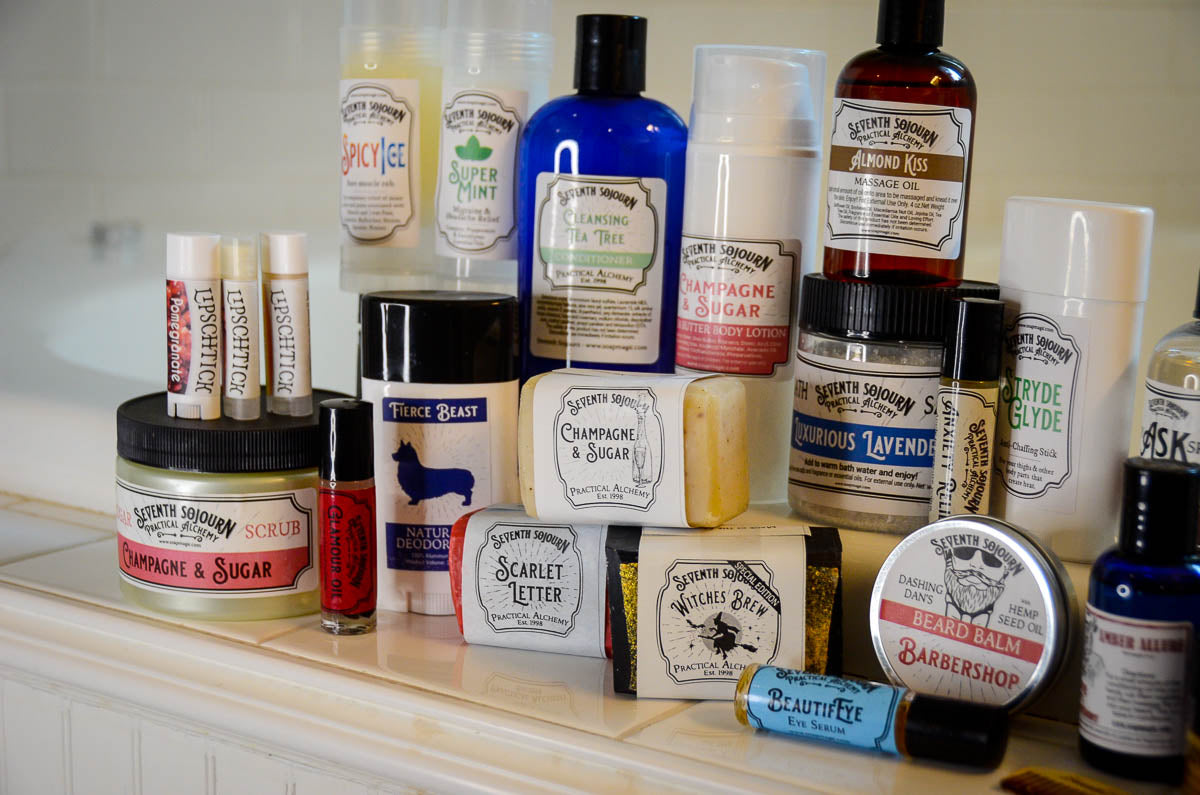
Soap and Viruses: Is Soap Anti-Bacterial?
Share
The Coronavirus pandemic created an increase in the usage of hand sanitizers and washes. And although these alcohol-laden products can kill up to 99% of bacteria and viruses, they may not be any more effective than your favorite bar of Seventh Sojourn soap! In fact, one study that we are about to show you determined that soap is equally (if not, more) effective and obviously, much better for your skin.
Soap Doesn’t Kill Viruses, It Removes Them

posted on Twitter: @PalliThordarson
Viruses can get attached to the fatty outside-layer of our skin and stay there for quite a long time if we don’t do anything about them. Washing with soap will remove the fat membrane and cause the virus to fall apart.
Palli Thordarson, Professor, School of Chemistry UNSW, recently conducted a study on the effectiveness of soap against viruses such as Coronavirus. In the study (posted on Twitter: @PalliThordarson) Thordarson uses supramolecular chemistry to show just how soap works its magic on viruses.
“Soap contains fat-like substances knowns as amphiphiles, some structurally very similar to the lipids in the virus membrane. The soap molecules “compete” with the lipids in the virus membrane. The soap molecules also compete with alot of other non-covalent bonds that help the proteins, RNA and the lipids to stick together. The soap is effectively “dissolving” the glue that holds the virus together. Add to that all the water.The soap also outcompetes the interactions between the virus and the skin surface. Soon the viruses get detached and fall apart like a house of cards due to the combined action of the soap and water. The virus is gone!”
30 Seconds Will Do the Trick
Business Insider recently ran an experiment on hand washing, using a UV light and a mineral oil cream called Glo-Germ to capture how much germs were left behind after sanitizing hands through various methods. Their study concluded that a 30 second wash with soap was the most effective in removing traces of germs.
The skin offers many cracks, crevices, and other hiding spots for germs and viruses. Be sure to scrub thoroughly, leaving no part of the hand unwashed. When you’re done, rinse the soap completely off with warm water.
Real soap versus detergent soap
You have two choices for bar “soap” as many of you know it. These choices are real soap and detergent soap. Detergent soaps rule the shelves of your nearest big box store. Ivory, Dove, and many of the other top name brands are detergents. These soaps are still relatively affective in the removal of germs and viruses but tend to dry the skin because of their lack of oils.
And then we have alcohol-based hand sanitizers which are affective against viruses. These products kill the virus instead of removing it. In the experiment done by Business Insider, the “30 second wash with soapy water” outperformed hand sanitizer.
In his study, Professor Thordarson concluded that soap was still more effective in attacking the virus structure:
“Disinfectants, or liquids, wipes, gels and creams containing alcohol (and soap) have similar effects but are not really quite as good as normal soap. Apart from the alcohol and soap, the “antibacterial agents” in these products don't affect the virus structure much at all.To sum up, viruses are almost like little grease-nanoparticles. They can stay active for many hours on surfaces and then get picked up by touch. They then get to our face and infect us because most of us touch the face quite frequently. Water is not very effective alone in washing the virus off our hands. Alcohol-based products work better. But nothing beats soap – the virus detaches from the skin and falls apart very readily in soapy water.”
Seventh Sojourn Soap Recommendations
Both hand sanitizers and soaps can be effective in removing viruses and other bacteria. As you can see from the graphics and information above, handmade soap is the most effective. This is because thorough removal of viruses and bacteria relies on the suspension of the virus and bacteria structure. And nothing suspends viruses, bacteria, dirt, and grime better than handmade soap.




